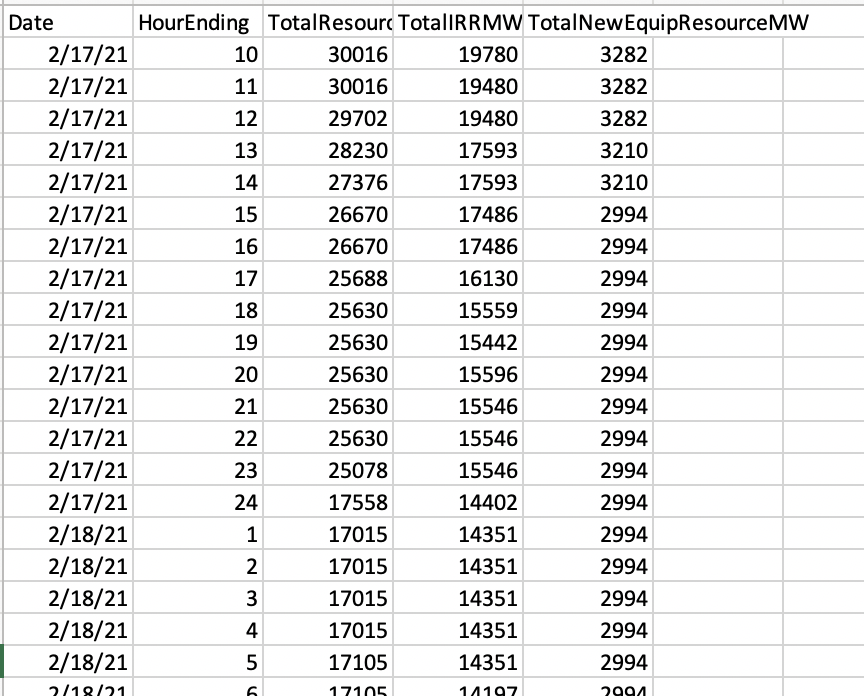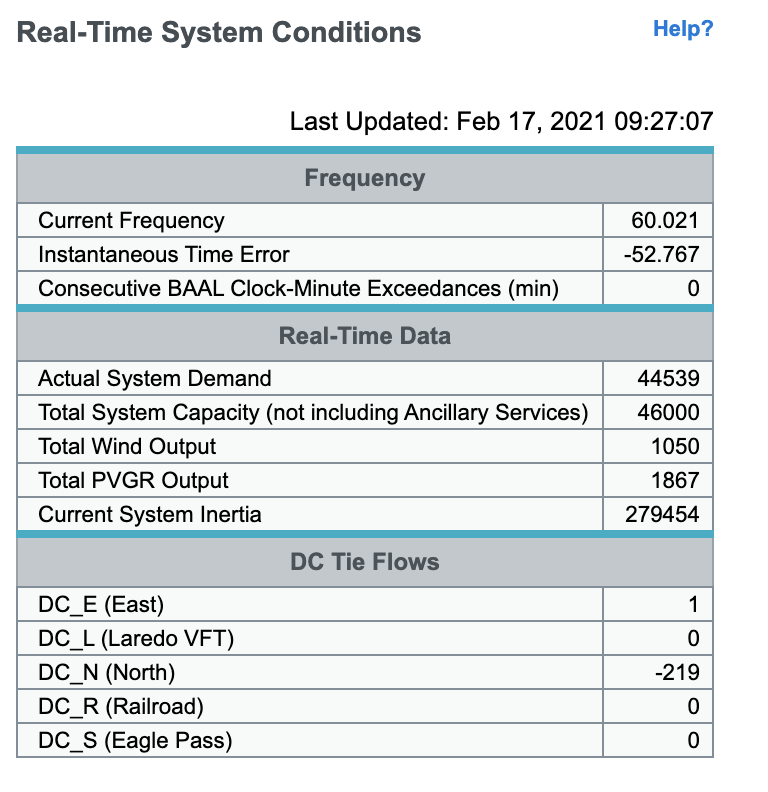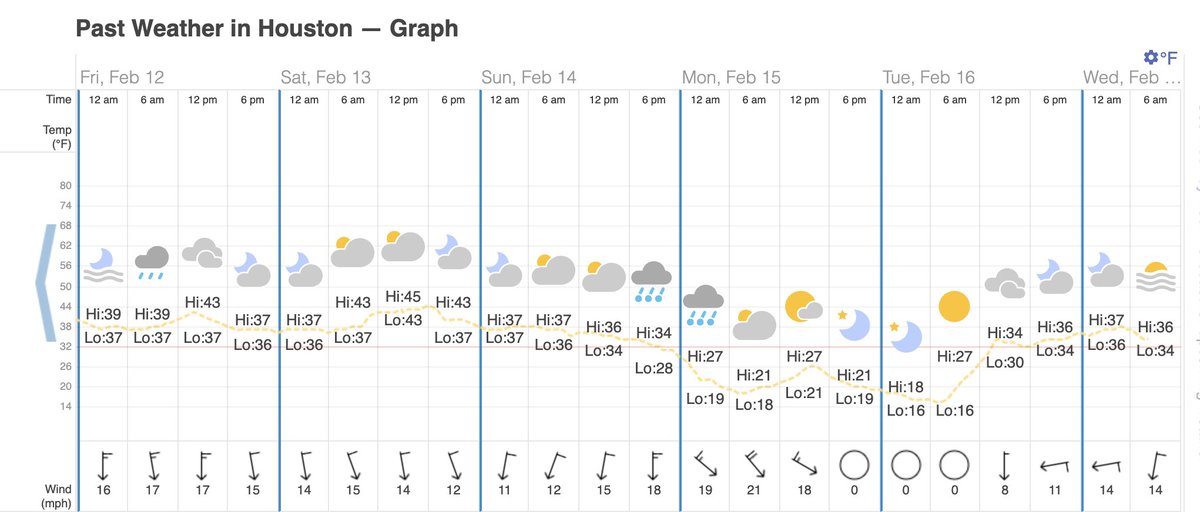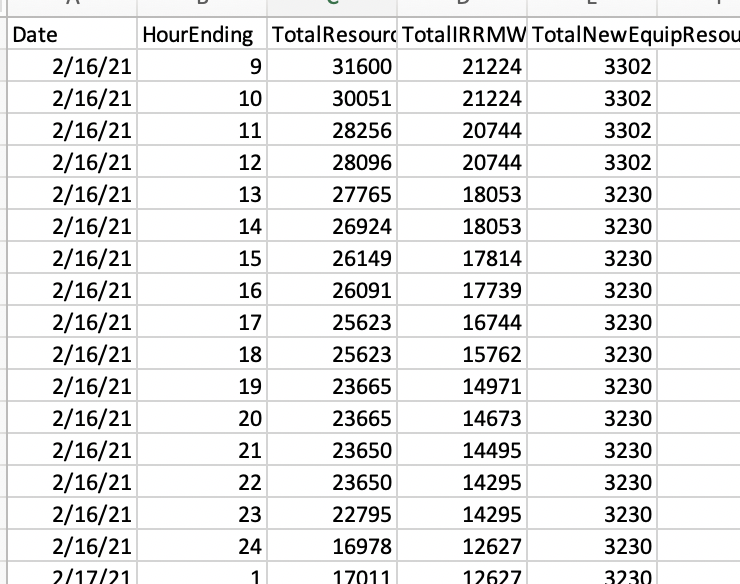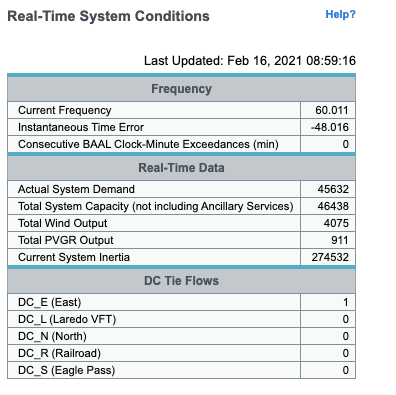
PSA for reporters looking for good experts on how climate change is changing the risk profile for electricity systems and critical infrastructure, here's some recommended sources I know in the thread below...
1. Prof. A.R. Siders @sidersadapts focuses on how communities adapt to climate change and climate-related hazards udel.edu/faculty-staff/…
2. Prof. Michael Craig @TheEnergyCraig studies how climate change impacts power systems energy.umich.edu/energy-faculty…
2. Prof. Michael Craig @TheEnergyCraig studies how climate change impacts power systems energy.umich.edu/energy-faculty…
3. Prof Sarah Fletcher @SFletcherH2O at Stanford studies adaptation and resilience of infrastructure systems in water and energy cee.stanford.edu/person/sarah-f…
4. Prof Emily Grubert @emilygrubert at Georgia Tech studies decision making for water & energy systems ce.gatech.edu/people/Faculty…
4. Prof Emily Grubert @emilygrubert at Georgia Tech studies decision making for water & energy systems ce.gatech.edu/people/Faculty…
7. Prof. @CostaSamaras at CMU works on critical infrastructure planning & resilience to climate change impacts cmu.edu/cee/people/fac…
8. @MichaelWWara at Stanford (up to his neck on wildfire risks) law.stanford.edu/directory/mich…
8. @MichaelWWara at Stanford (up to his neck on wildfire risks) law.stanford.edu/directory/mich…
9. @robertlempert at RAND is a leading expert on decision making under deep uncertainty rand.org/about/people/l…
All good people to talk to!
All good people to talk to!
p.s. 10: To talk about the natural gas sector, talk to Prof. @arvindpawan1 at Univ of Harrisburg and Dr. @ErinNMayfield at Princeton
• • •
Missing some Tweet in this thread? You can try to
force a refresh


